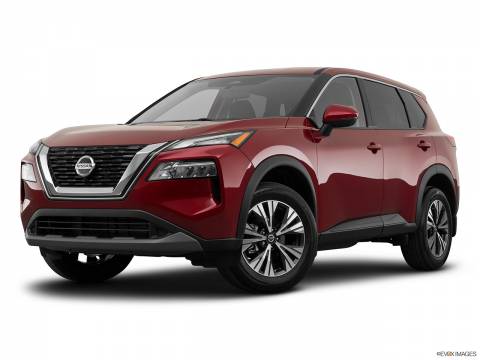Big news from Ottawa! On February 8, 2024, some top guns in Canadian politics, including Ministers Dominic LeBlanc, Arif Virani, Pablo Rodriguez, François-Philippe Champagne, and Anita Anand, hosted a massive brainstorming session called the National Summit on Combatting Auto Theft. They brought together officials from all levels of government, industry bigwigs, and the folks in blue from every corner of the country. Why? To tackle the headache that is auto theft in Canada.
Quick facts of the current situation
The Government of Canada has been engaging with industry and other stakeholders on auto theft, including port authorities, rail and shipping companies, as well as manufacturer associations and the insurance industry, as part of our collective effort to combat this crime.
Investigations into auto theft are led by local police. The Royal Canadian Mounted Police (RCMP), Ontario Provincial Police (OPP), Sûreté du Québec (SQ) and the Canada Border Services Agency (CBSA) are working together in integrated task forces to target organized crime, including those groups involved in stolen vehicles.
The CBSA responds to 100% of referrals from police of jurisdiction to examine outbound containers at points of export that may contain stolen vehicles and identify criminal activity within the supply chain.
Nationally, the CBSA has increased its efforts, intercepting 463 stolen vehicles in 2018 to more than 1,800 interceptions of stolen vehicles in 2023. The CBSA’s actions have resulted in a 290% increase in stolen vehicle seizures over the past five years.
Canada has strong laws in place to address auto theft at various stages of the crime. These include offences that address conduct that precedes the theft the theft itself, possession and trafficking (including exporting) of stolen property, and tampering with Vehicle Information Numbers (VINs). Offense-related property and proceeds of crime can also be confiscated under the Criminal Code.
The Criminal Code also includes comprehensive laws to target organized crime, including specific offences and enhanced investigative tools and sentencing, as well as strong penalties for violent acts including assault, assault with a weapon, intimidation and the use of a weapon (for example, a firearm) in the commission of an offence.
Rates of vehicle theft rose by 50% in Quebec, 48.3% in Ontario, 34.5% in Atlantic Canada and 18.35% in Alberta in 2022, as compared to the previous year.
Transnational organized criminal groups are believed to be involved in the export of stolen vehicles from Canada, however, most vehicle thefts involve lower level threat groups, with violent street gangs being the most prevalent.
The majority of stolen vehicles exported are destined for Africa and the Middle East. Some stolen vehicles also remain in Canada enabling other crimes to be committed with the vehicles and are destroyed afterwards.
Police services in the GTA have observed a combined 104% increase in carjackings from 2021 to 2022 according to a recent report from the Criminal Intelligence Service of Canada.
Let's face it, auto theft has been a growing pain for many Canadian households, especially in the big cities. It's not just about losing a car anymore. These thefts are increasingly the handiwork of organized crime groups, using the stolen vehicles to fund their shady operations. The summit was all about making our streets safer, getting back stolen rides, and making sure the bad guys get their just deserts.
The Canadian government is rolling up its sleeves and getting down to business with several strategies to curb this trend. They're pumping $28 million into the Canada Border Services Agency (CBSA) to up their game in investigating and tracking down stolen vehicles. They're also on a mission to ban tech gadgets like the Flipper Zero, which thieves use to hack into cars. Remember the $121 million they already threw down to fight gun and gang violence in Ontario? That's part of this effort too.
But wait, there's more. They're planning to improve how police share info, including using fancy data tools to trace stolen cars before they're shipped off who knows where. They're also pushing for better international collaboration and sharing intel to outsmart these crooks.
Transport Canada isn't sitting this one out either. They're updating safety standards to make sure new cars are tougher nuts for thieves to crack and doing a deep dive into port security to spot any weak spots. The Justice Department is eyeing some tweaks to the Criminal Code to tighten the screws on auto theft, and the folks at Innovation, Science and Economic Development Canada (ISED) are rallying with Canadian companies to brainstorm techy solutions to keep cars safe.
At the end of the day, everyone at the summit agreed on a plan of action and promised to play nice together to tackle auto theft. The vibe was all about teamwork, with a capital T.
In a nutshell, Canada's going full throttle to put the brakes on auto theft. It's a big deal because it's not just about losing a car; it's about feeling safe and secure. And with these big brains and resources coming together, there's hope on the horizon.
Catch you later, and let's keep our rides safe!

























